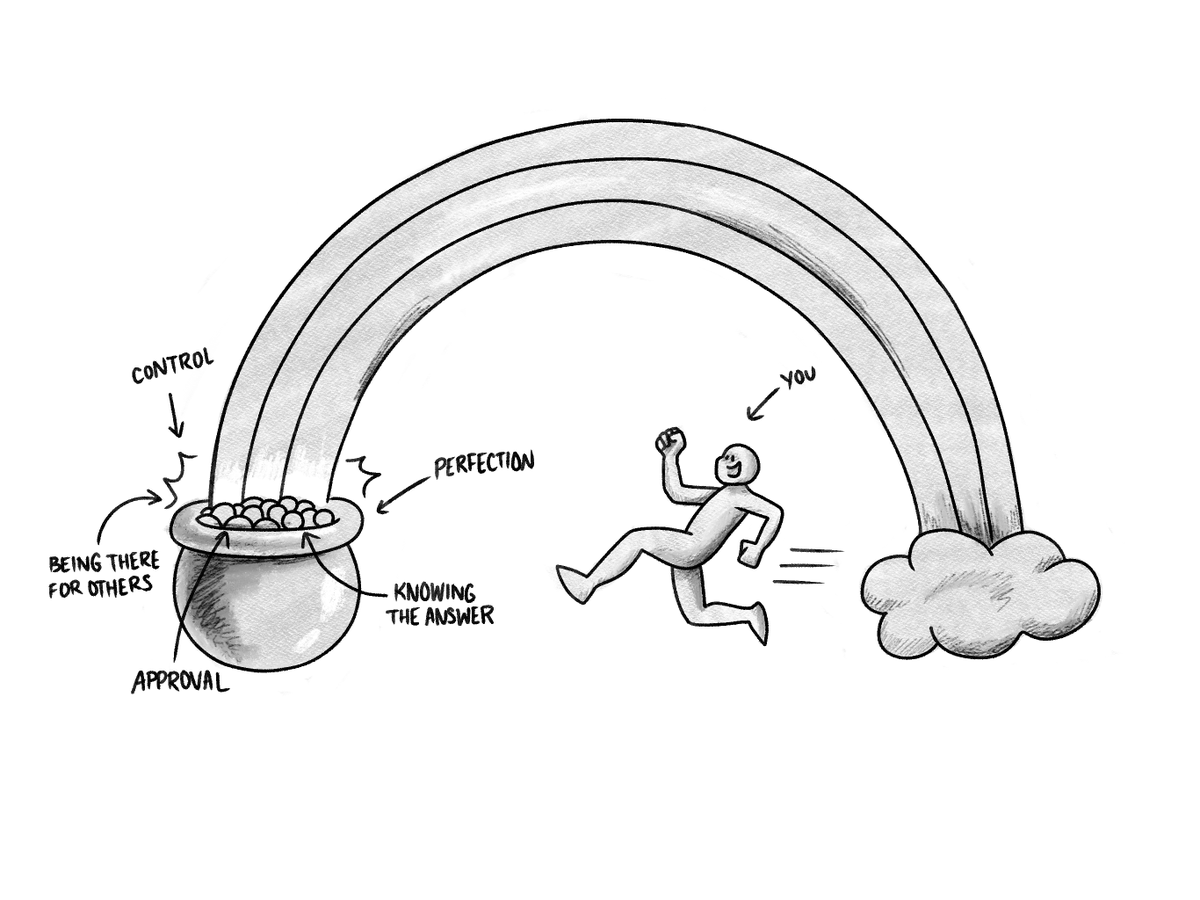
I help you function as a Connected, Aware, Present human in workplace and home place. https://t.co/MM5M1XLkKA
3 subscribers
How to get URL link on X (Twitter) App



 Not doing it perfectly, letting someone down, needing to be understood - chronic anxiety.
Not doing it perfectly, letting someone down, needing to be understood - chronic anxiety.
 We all have dozens of false needs and when we don't wrangle our many false need, they pile up and get the better of us and wear us out.
We all have dozens of false needs and when we don't wrangle our many false need, they pile up and get the better of us and wear us out.

 Some of us, when we are reactive get 'bigger.' We must have the last word. We no longer listen to learn, we now listen to advise, fix, correct, or mansplain. We get aggressive, we dominate the space. Some of us literally make ourselves bigger.
Some of us, when we are reactive get 'bigger.' We must have the last word. We no longer listen to learn, we now listen to advise, fix, correct, or mansplain. We get aggressive, we dominate the space. Some of us literally make ourselves bigger.
 Sometimes we focus on them by fixating: blaming, moving into self righteoussness, or irritation. 'Why do they do that?!!!'
Sometimes we focus on them by fixating: blaming, moving into self righteoussness, or irritation. 'Why do they do that?!!!'